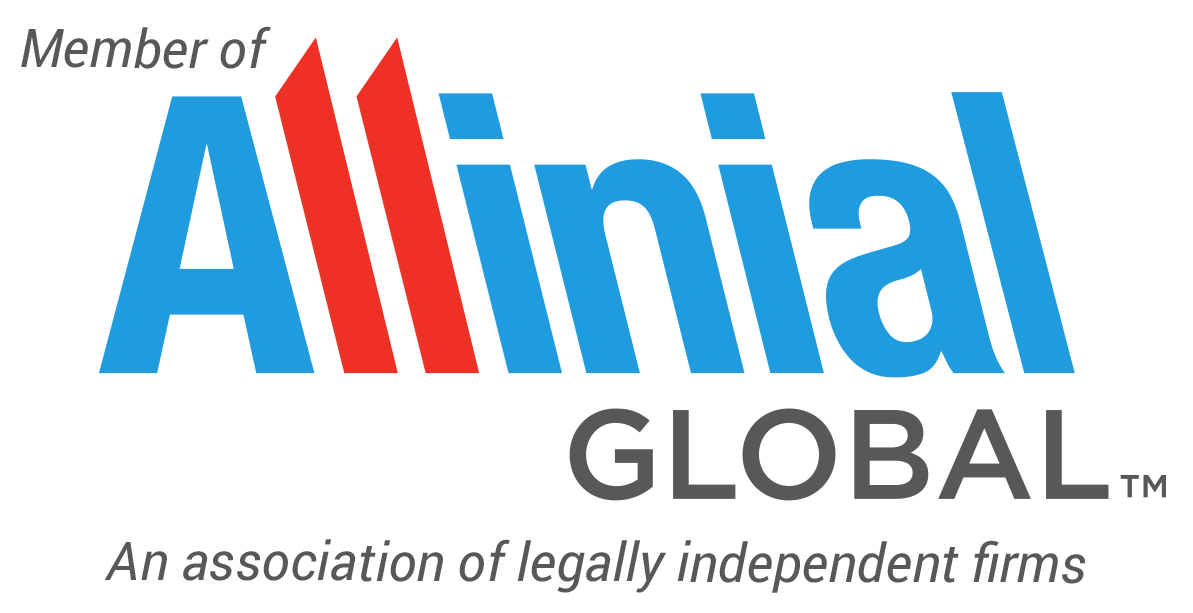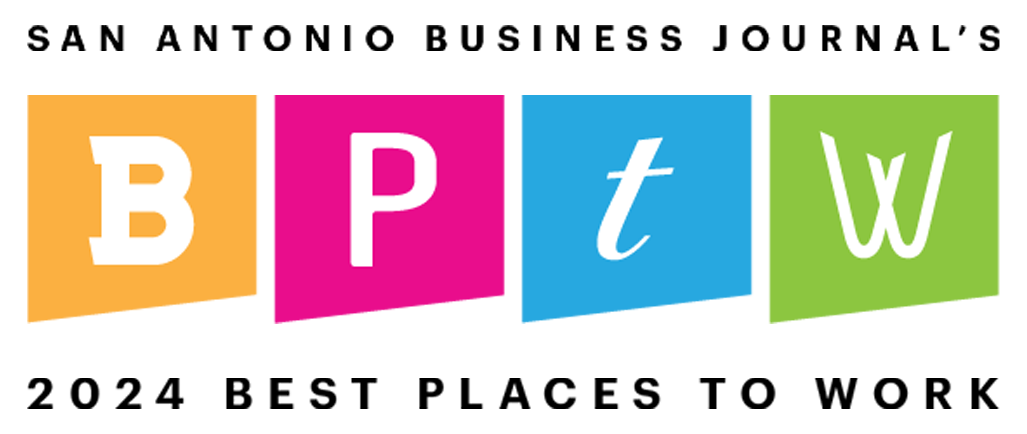When most of us hear the words “estate planning,” we tend to tune out, thinking that it doesn’t apply to us. While it’s true that 99% of Americans don’t have a taxable estate (i.e., more than $5,490,000 of net worth for 2017), and despite our new President’s desire to rid the tax code of the estate tax, we can all benefit from a little forethought into our estate plan. Here are a few items to consider with your accountant, attorney, or other trusted advisor on such matters.
Income Taxes
In the absence of estate tax exposure, income taxes become the primary tax focus of estate planning. Rather than minimizing the value of assets in an estate, as is done for those taxpayers with a taxable estate, the goal is to keep those values as high as possible without creating a taxable estate. Doing so will give heirs the chance to take advantage of the higher value (in tax lingo, getting a ‘step-up in basis’) in any bequeathed assets. Having higher value to the heirs means less income tax they pay when the assets are eventually sold.
There are other benefits to this increased value at the time of death that can be realized without selling an asset when that asset is a partnership interest, so be sure to consult with your favorite tax advisor if you are bequeathing or inheriting a partnership interest.
Life Insurance
The decision to purchase life insurance should take various factors under consideration, including family financial needs and support, liquidity needs to pay debts and other obligations, charitable giving, and direct bequests to heirs. The value of a life insurance policy, absent certain structure planning, is includable as an asset of your estate. This can cause what was once a non-taxable estate to be taxable, so be sure to consult your estate planning advisor when purchasing large life insurance policies to avoid this pitfall.
Non-Financial Considerations
There are several non-financial considerations for estate planning. These items may or may not save you money, but they will likely save you and your heirs a lot of worry and headache.
Wills – Be sure your will is up to date for the changes in your life and circumstances. Review the provisions to be sure they follow your intent, as these intentions could change over time. Your will is an important instrument for ensuring that your bequests to both heirs and charitable organizations are known and acknowledged legally. One area that is often overlooked is the guardianship of any minor children. It’s important to be clear about who will take care of your young kids when you are gone.
Asset control – Certain financial assets, like life insurance and retirement plans, pass to beneficiaries designated in those asset documents, rather than via the will. As marital status, births, and deaths occur, it’s important to promptly review and update your beneficiaries. (I’ve never seen it turn out well when the ex-spouse is still named as the beneficiary of a retirement plan on the date of death!)
Documentation – There are many documents to have in place to ease the burden for loved ones in the event of your death or serious illness. Many of these documents are difficult to replace, so keeping them in a safe, centralized location (and making sure someone knows where to find them) is key. Some documents to consider keeping include powers of attorney (durable and health care), medical directives/living will, prenuptial/postnuptial agreements, marriage certificates, divorce decrees, funeral arrangements, and insurance policies.
This is just the tip of the iceberg for estate planning, so take these items under consideration and consult with your estate planning advisor as to which steps are best for your particular situation.




